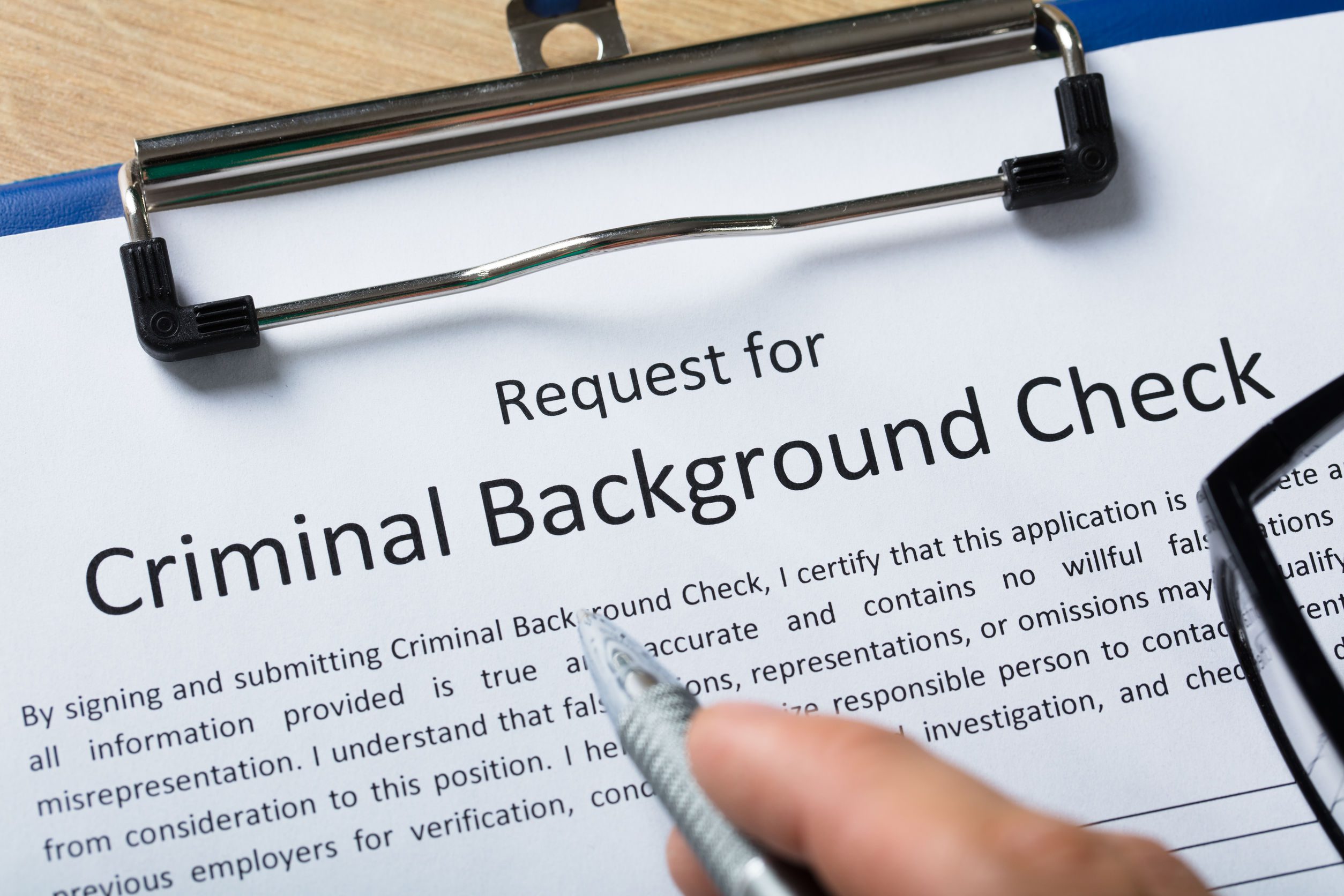Some may have heard about expunging a criminal record but may be unsure about how the process works or what steps they must take to get things underway.
In this entry, we’ll tell you all you need to know to feel comfortable with the concept of what it means to expunge a criminal record, and also how one goes about doing so, and the specific requirements of the process that you need to consider.
We will first examine the concept, then why it might be useful, and then move on to a discussion of the process. Finally, we offer a variety of options for those who are interested in pursuing expungement of a record.
What Expunging a Criminal Record Means

When it comes to “erasing†a criminal record, you can pursue means of having it sealed or expunged. When a record is sealed, people can’t access the record as part of an employment or financial background check. In addition, you are legally permitted to omit the crime from applications.
Similarly, when a record is expunged, the self-reporting requirement is waived. You can deny ever having committed a crime. Expunging takes things a step further than sealing records though, in that it makes it as though the offense never happened. The criminal record is removed or physically destroyed. It is no longer available to access, even by court order whereas sealed records can be unsealed by court order.
Why You Might Need to Expunge a Criminal Record
There are many, sometimes obvious, ways in which a criminal charge (even if it doesn’t lead to a conviction) can complicate your life.
One element of life that it can complicate is a search for a home or apartment. Potential landlords will often include questions about criminal charges and arrests on an application.
If an applicant indicates that they’ve been arrested, charged, or convicted of a crime, it may lead to their application being rejected. Even if you choose not to disclose such an event on an application, a potential landlord may choose to take it a step further and run a background check.
Job applications present a similar difficulty, with the added complication of a background check being almost a certainty.
In these situations it becomes clear why it might be essential for one to expunge or seal a criminal record, for professional success and personal comfort.
What Expunging a Criminal Record Entails

Expungement is obviously the best option for those with a record they wish to eliminate, but it tends to require more than sealing a record. Expungement ensures that a record can never resurface.
Determining if your record is eligible for expungement depends on a collection of factors:
The first element that determines eligibility is the type of offense. Some offenses can be expunged, while others can only be sealed.
Secondly, the state in which the offense was committed will affect whether or not the record can be expunged. Some states only allow for records to be sealed, regardless of the type of offense.
How to Get Started
If you’re struggling to determine whether or not you’re eligible to seal or expunge your record, a simple online search for agencies or websites specializing in the process will yield several resources.
If you would like more personal, one-on-one assistance, we encourage you to call our offices, to speak with one of our representatives who can arrange for online, over-the-phone, or in-person assistance to be provided to you. Be sure to visit Esplin | Weight for more information. We look forward to hearing from you and helping you move forward.






